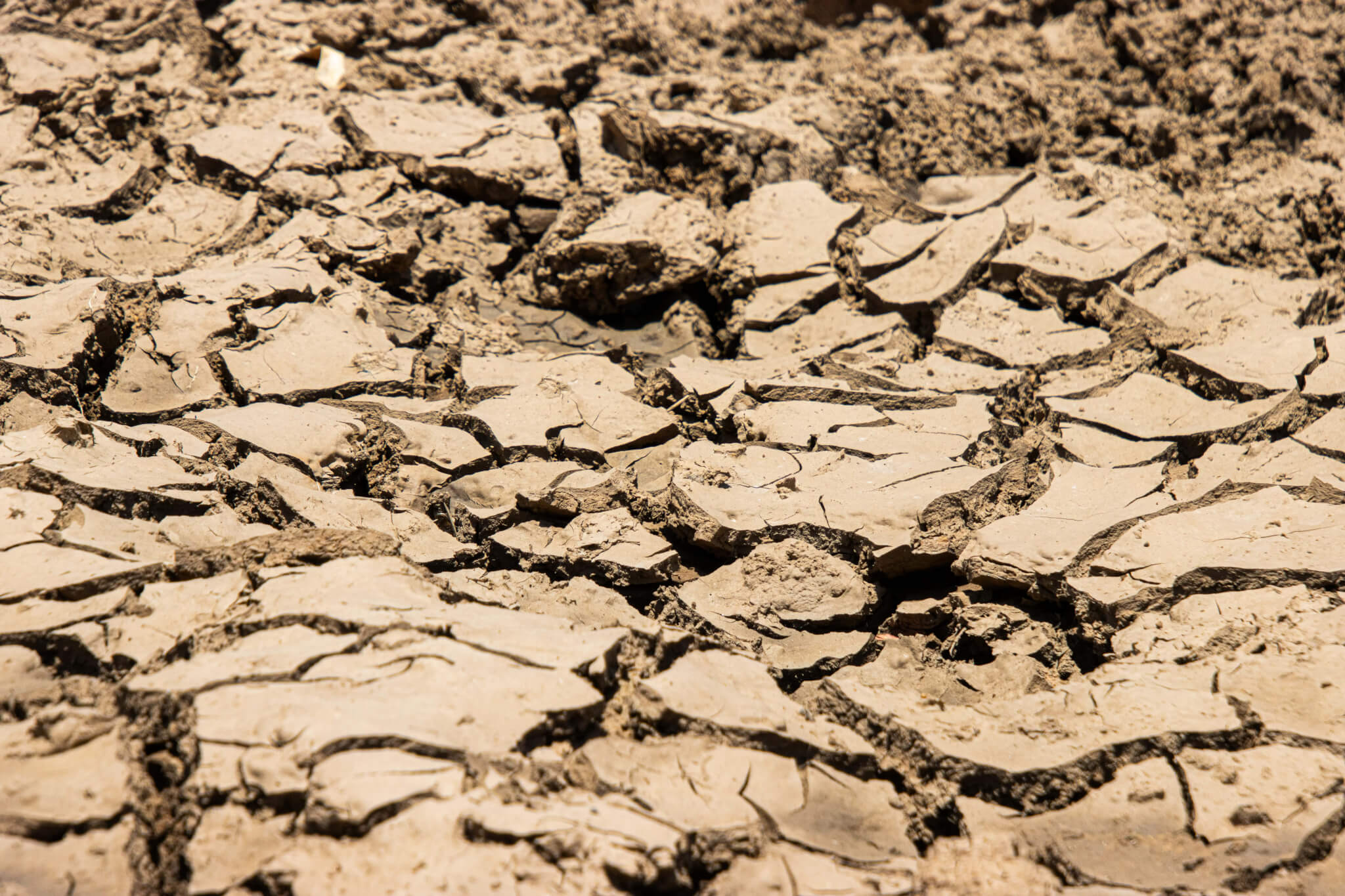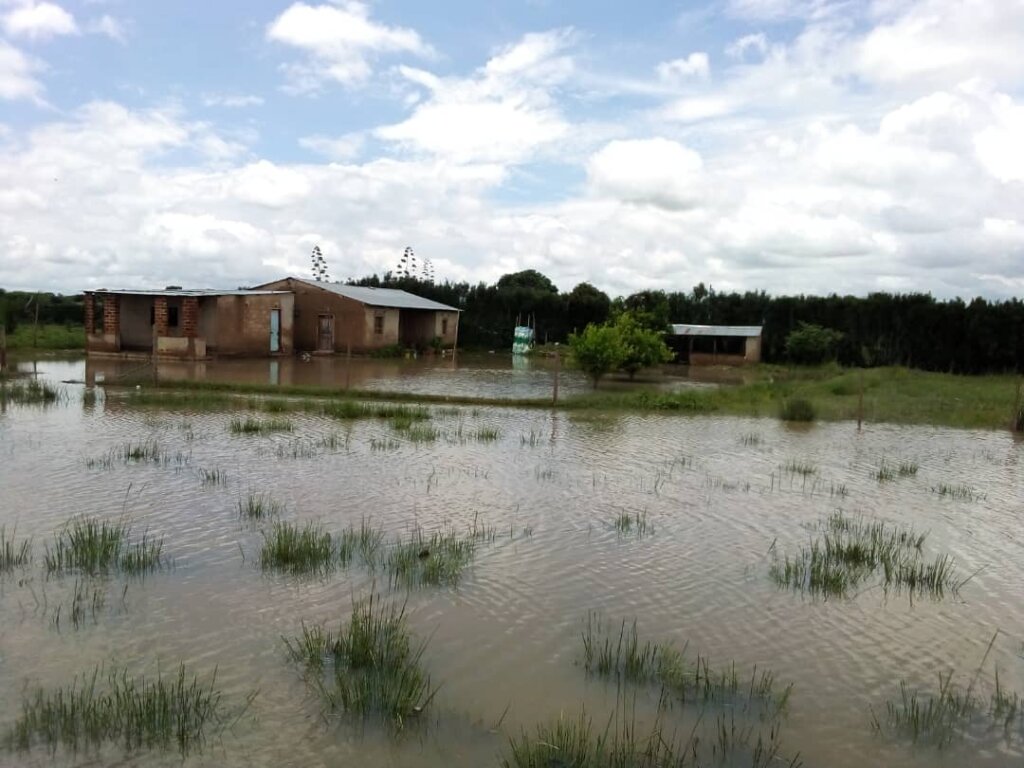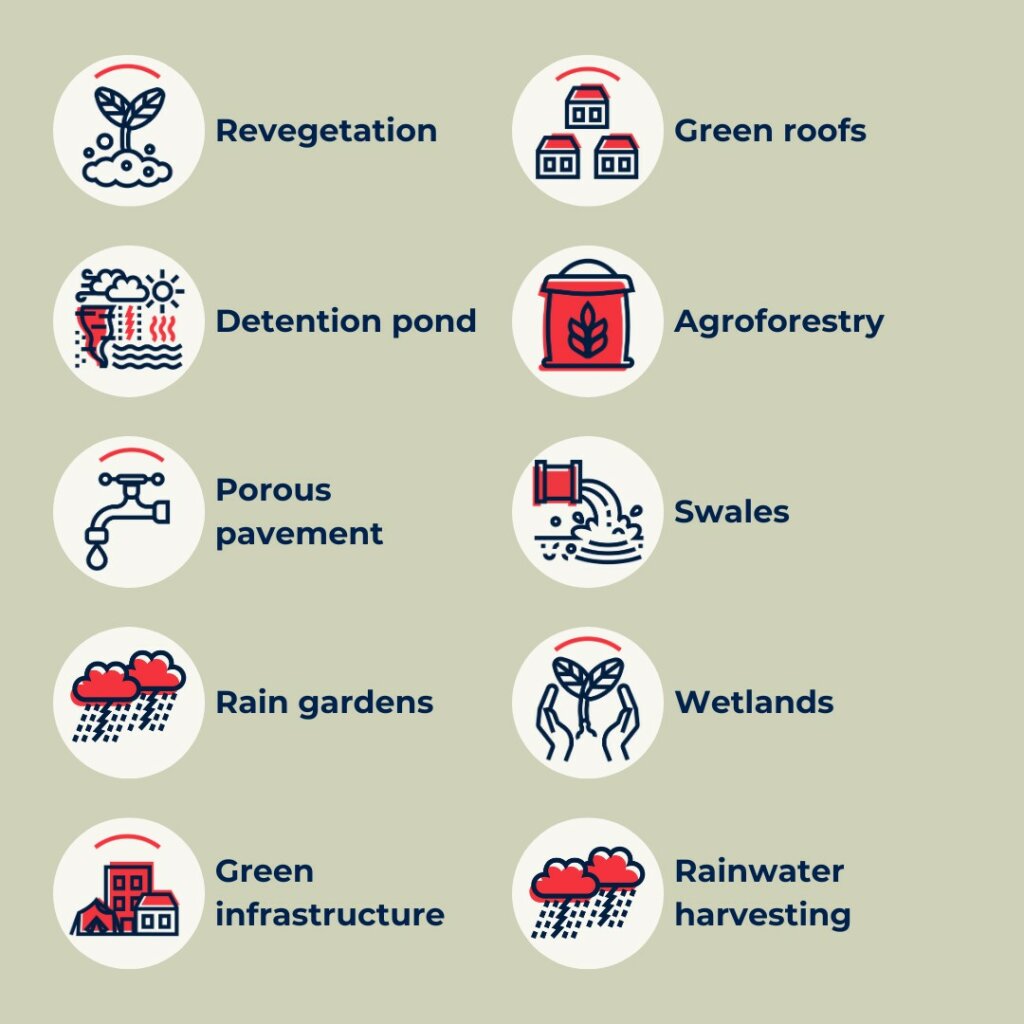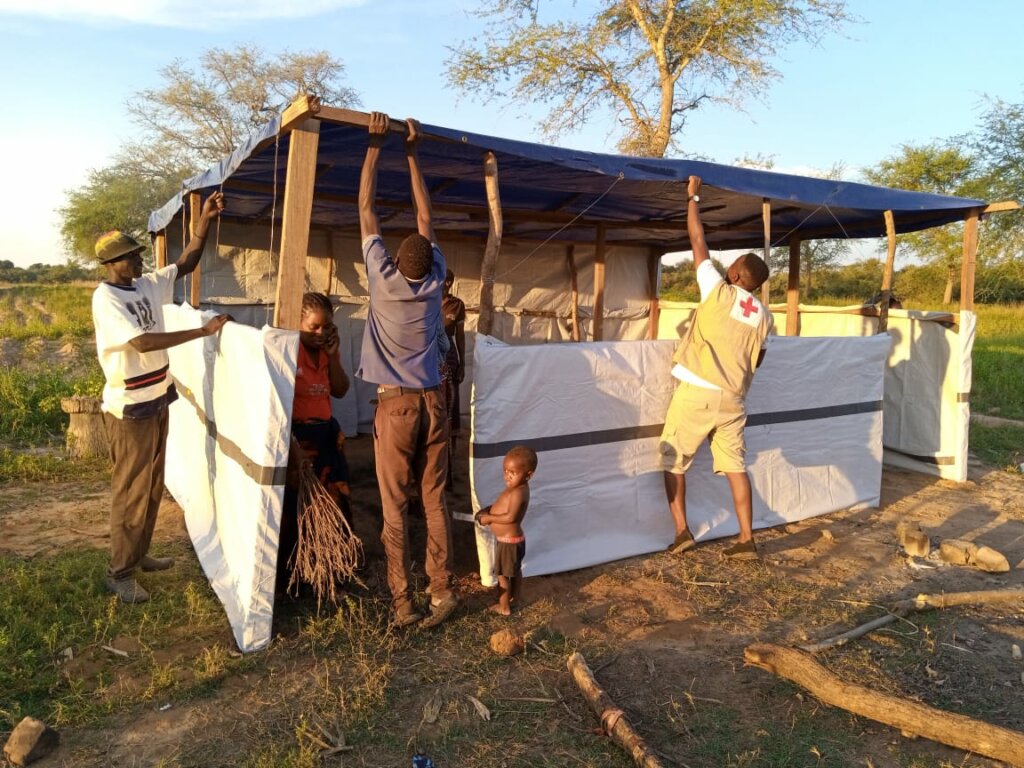With climate-related hazards projected to reach unprecedented levels in the coming decades, solutions to mitigate their impact on communities around the world are more needed than ever. Nature-based Solutions – actions to protect, sustainably manage and restore ecosystems – can be a key tool to safeguard people from the effects of extreme weather and increase their adaptability to climate change, protecting biodiversity and reducing socio-economic losses in the process. The immense value of Nature-based Solutions in providing sustainable pathways towards climate resilience is recognised by the International Federation of Red Cross and Red Crescent Societies (IFRC) and the World Wide Fund for Nature (WWF). The two organisations are engaged in a powerful partnership to champion and advocate for the wide-scale implementation of nature-based solutions in the fight against climate change globally.
“Over the last 1 ½ years, the Red Cross and WWF have been working to understand the effectiveness of locally-led Nature-based Solutions to sustainably manage disaster risks. We have seen impressive, nature-positive benefits that can be blended with grey solutions to address water scarcity in the short-run, as we equally look to address more medium- to long term societal challenges like water and food insecurity.“
Eric Oyare, WWF Project Coordinator
Blending humanitarian and environmental expertise
A spin-off of this collaboration is taking shape in the Kafue Flats, Zambia, where the Zambia Red Cross Society, WWF in Zambia and the Netherlands, and the Netherlands Red Cross have joined forces to explore suitable Nature-based Solutions for mitigating flood and drought risk. WWF possesses ample knowledge on infrastructure and natural resources in the area, enabling project partners to access key insights and make concrete recommendations to take Nature-based Solutions forward. The Zambia Red Cross Society enhances this local focus through its constant presence within communities. Through direct contact, the National Society provides unique entry points to communities, aligning scientifically driven actions with actual local needs. The Netherlands Red Cross comes in at various stages of this project, bringing unique expertise to the table – from programme coordination to water management, climate resilience, and data science. Coordination is crucial for selecting Nature-based Solutions that consider a multitude of criteria: from flood and drought mitigation to scaled up viability, livelihood and socio-economic components, and benefits to the hydrological system. The majority of this initiative is funded by the Netherlands Red Cross’ Princess Margriet Fund.
“WWF has years of experience working with Nature-based Solutions in Zambia. Combined with the Zambia Red Cross’ community knowledge and our diverse support, the organisations have definitely inspired each other – it is a good collaboration.”
Vincent van Haaren, Programme Manager at the Netherlands Red Cross

Understanding the Kafue Flats
The project site was selected based on a comprehensive risk assessment conducted by the Netherlands Red Cross’ data and digital team, 510, which revealed heightened exposure of the Kafue Flats to droughts and floods. A complex mosaic of wetlands, grasslands, and woodlands, the Kafue Flats are home to approximately one million people, many of whom depend on the ecosystem for their livelihoods. The area provides 40% of Zambia’s municipal water supply and 50% of electricity, and conserves important biodiversity.The health of this ecosystem relies heavily on the seasonal flooding of the Kafue River which has been disrupted by rising temperatures and volatile rainfall patterns, resulting in more frequent and severe droughts and floods. Holistic solutions to restore the natural system in this area are crucial to reduce the impact of recurring disasters on local communities by absorbing and storing excess water during floods, and releasing it during droughts.

“The project partners bring diverse expertise, experiences, best practices and lessons learnt to the table. Generating evidence and insights on nature-based solutions, while involving communities and stakeholders at all levels (national, district and community), helps to approach solutions from different angles.”
Wina Wina, Disaster Risk Management Lead at the Zambia Red Cross Society

Post-site selection, rigorous research in collaboration with various academic partners such as the University of Twente and Leiden University has developed a methodology to assess the environmental, social, and economic benefits of various Nature-based Solutions. In turn, this methodology has generated evidence of the benefits of specific Nature-based Solutions, producing a longlist of ten solutions out of which three to five will be selected for implementation:
In future steps, this evidence base can be used to guide decision-making towards the broader adoption of similar solutions in other regions facing similar climate challenges. This highlights the importance of ongoing collaboration between researchers, practitioners, and local communities to ensure that selected solutions are not only scientifically sound but also practically viable. With the water flow in the Kafue Flats being heavily human-controlled by means of a dam, project partners seek to integrate suitable Nature-based Solutions with grey infrastructure such as dams, pipes or water treatment plants. This approach recognizes that while Nature-based Solutions can yield substantial benefits, they are most effective when complementing a systemic approach that considers the entire hydrological system, as well as government planning.

Collaborative efforts and local engagement
The meaningful partnership between WWF and two National Red Cross Societies, uniting environmental and humanitarian efforts, symbolises the power of Nature-based Solutions in addressing climate challenges faced by vulnerable communities. As climate disasters become more frequent and severe, projects like this demonstrate that working with nature leads to more resilient communities and ecosystems.
The in-country presence of the Zambia Red Cross Society and WWF in particular has been invaluable in engaging with communities, understanding their challenges, and ensuring that the developed solutions are rooted in local knowledge, experience, and needs. As this initiative moves forward, the selected solutions will be further refined and implemented, with an emphasis on scaling up the blend of Nature-based Solutions and grey infrastructure. The insights gained will not only benefit the people of Zambia, but also provide valuable lessons for other regions grappling with the impacts of climate change.
We want to hear from you!
Are you interested in implementing a similar solution within your National Society? Please reach out to:
Service Coordinator, Water & Landscape: Marijke Panis mpanis@redcross.nl